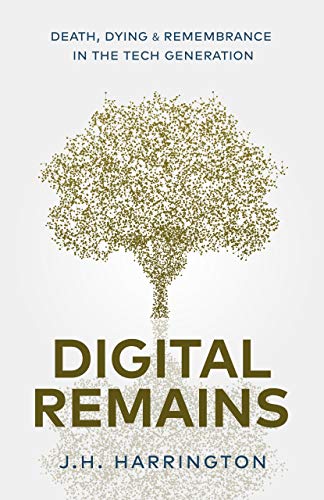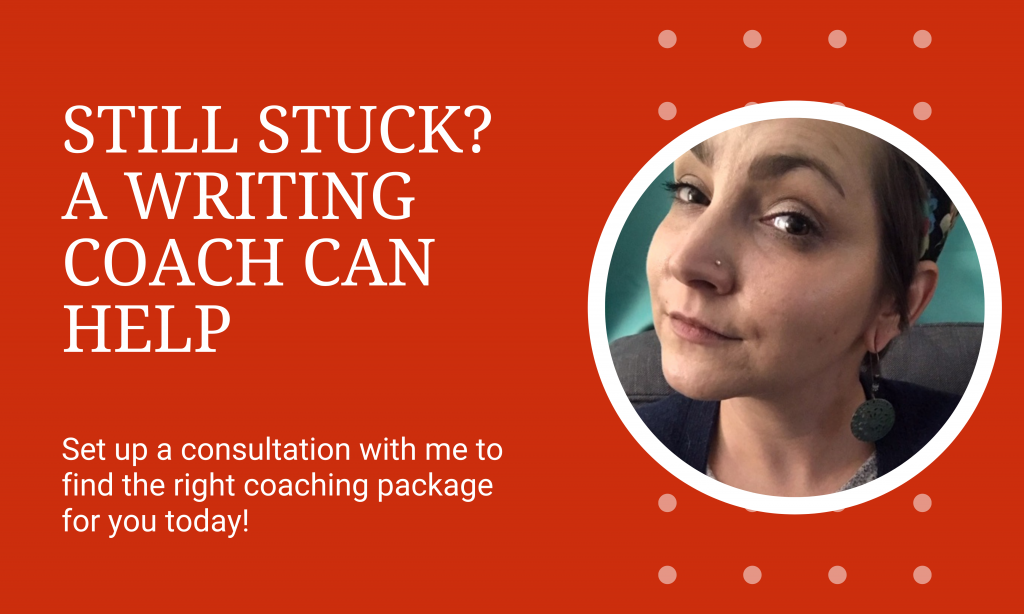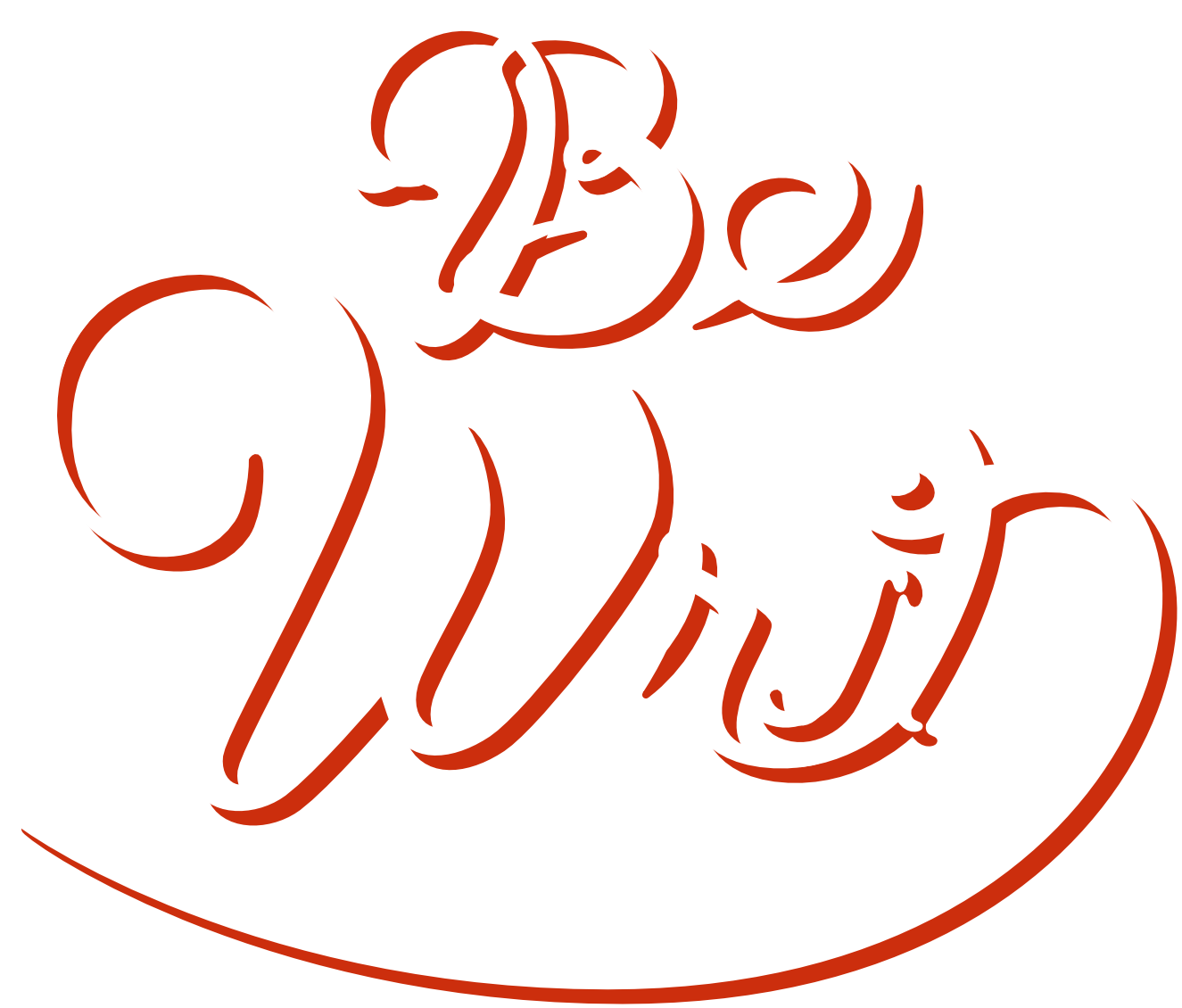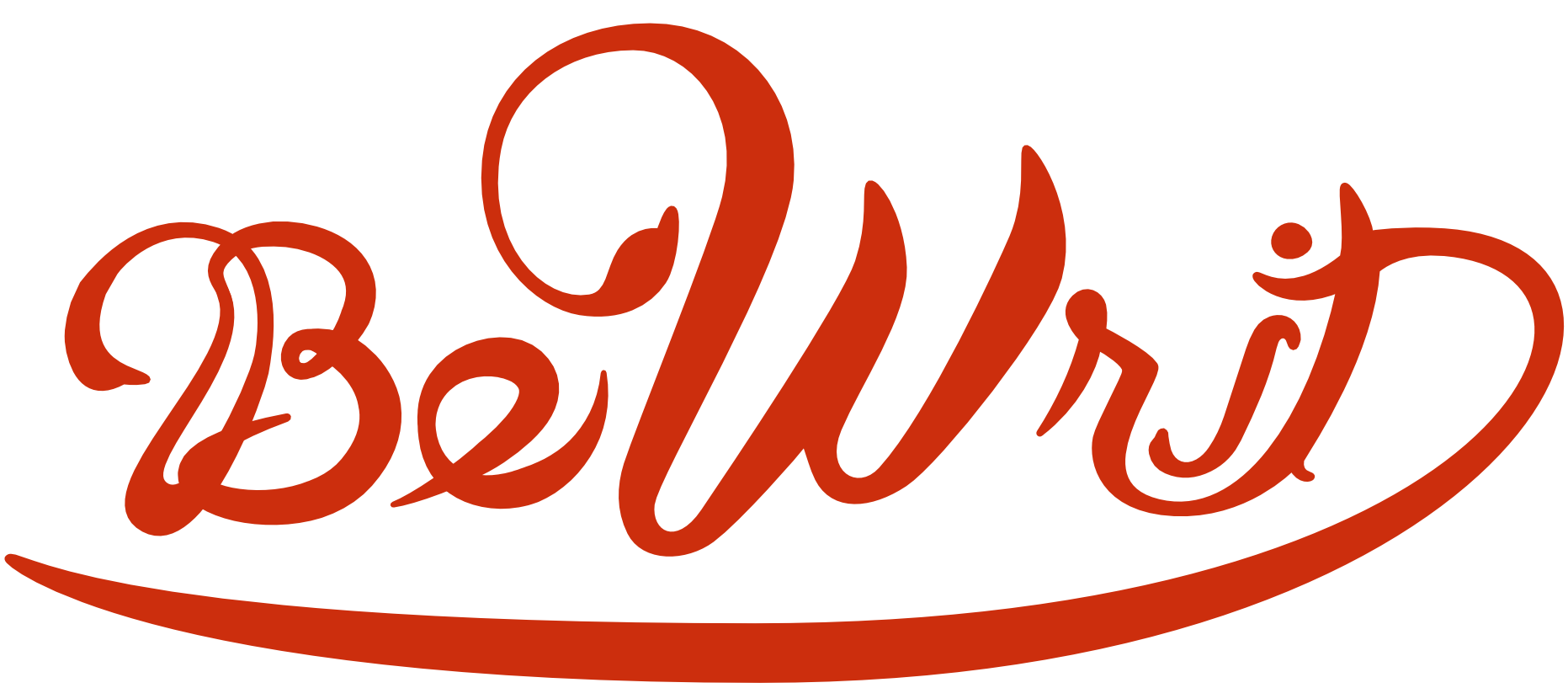
What is it Like to be a Full-Time Author? An Interview with JH Harrington
In this author interview, I talked with author J.H. Harrington to discuss his upcoming book and what being a full-time author is like.
1. What book are you currently reading?
I make a habit of reading several books at a time. Currently, I am reading Magpie Murders by Anthony Horowitz and The Warsaw Protocol by Steve Berry.
My favorite authors include Steve Berry (especially the Cotton Malone series), Clive Cussler (Sam and Remi Fargo Adventures), Kyril Bonfiglioli (The Mortdecai Novels), Agatha Christie, and Kurt Vonnegut.
2. What's your favorite book of all time? Why?
Impossible Question. I'll offer the following in reverse order:
- Digital Remains by J.H. Harrington
- Catcher in the Rye by J.D. Salinger: Because it does read differently at different points in life. If you read it in high school, reread it. The takeaway change over the readers' life, which is something to think about as an author.
- The Collected Stories of Stefan Zweig: Purley for fantastic descriptions and observations!
- Don't Point That Thing At Me by Kyril Bonfiglioli: The vocabulary alone is excellent.
3. Do you have an agent? Why or why not?
At this moment, no. I am, however, currently seeking new representation. I believe and have heard many arguments on both sides for having or not having an agent. I think my current schedule and work product would benefit from being represented. Like many things in life, it is possible to do it yourself, but someone that does something full time usually makes things much more manageable.
4. How did you decide what genre you wanted to write in?
It was one of those things that found me.
I worked against the current on my first book Digital Remains, a non-fiction book that helps bridge the knowledge gap for those looking into options in the funeral industry and how the way we hear about and interact with death is changing. It's an endeavor that I will repeat in the future on a similar topic because I see the benefits of offering knowledge to those that might benefit. The genre for my current book, if anything, seemed natural. They were the words that hit the page and kept hitting the page.
I knew it was the right fit when I enjoyed the process. I enjoyed finding more details that would fit. I took pleasure in the fact that it would be what I left behind, no matter how much of a success or flop it became.
5. Where do you get your ideas?
The world around me. I make sure to look up, not down, when walking around town. If I find a rabbit hole, I go down it every time. Rabbit holes usually apply to something I am working on or provide something that might add to something. Ideas come from walks, newspapers, television, random internet searches. You name it.

6. Do you write daily?
Yes, 100%. I consider 500 words my minimum. An average day is 3,200 words. Great days can come as 501-word days or 10,000+ word days.
7. Where do you go to write?
When I want to feel like a writer, it is always a coffee shop, usually in a dark, moody basement or somewhere that has at minimum a long communal table. I tend to live near colleges, so the coffee shops I frequent tend to have the 'I'm writing my thesis but need to be in a public setting for my sanity' vibe.
On the other hand, I have done a lot of solid work around the house, at the kitchen island, or in the living room when everyone else is gone. I've found creating a time of day helps the brain get in the zone when you need it to. I usually start at 9 am, which gives me the morning to have breakfast and get everyone else out of the house for the day. Sometimes I stop at noon; other times, I look up, and it is 7 pm or later.
8. What's your best piece of writing advice for new authors?
Write for yourself. Don't measure your worth in life monetarily.
First drafts are always terrible. Put the words on the page. If they never make it further than your eyes, that is still a win. Keep all of your old writing and drafts in a folder or file. I always hate to hear when writers say I deleted this paragraph or that chapter. I reference old drafts often (many of them unpublishable) and am usually glad I have the paragraphs that were deleted in later drafts.
If you can't get a word out, start describing something around you. Go in-depth about it. Tell me everything. What it looks like. Where it came from. What it smells like. Literally, paint me a picture with words. At the very least, you will hone your ability to communicate effectively.
9. Tell us a little about your upcoming release, The L'Enfant Inquiry.
The L'Enfant Inquiry is the first in the Agents of Ezra adventure series. A secret device to stop the British. A message is hidden in the base of the Washington Monument. A mysterious figure that could unlock it all, leading to a cascade of clues that unfold a centuries-old plan. But can John Ezra stay alive long enough to uncover what he seeks in time?
In the first Agents of Ezra Adventure, J. Howard Harrington's Infinium Agent, John Ezra, is catapulted into a life of secrecy and adventure he would have never expected. From their headquarters deep beneath the national mall, they search for a device that relies on Ezra's crack team of experts to read between the lines of history. Did an earthquake provide the first clue, or was it just good timing? Why would the nation rebury a man a century after his death in a location more prestigious than all the nation's presidents?
The search for answers whisks John Ezra into a brutal game of intrigue, adventure, and gunfight. One which squares him off against an ambitious organization called The Inquiry and their muscle, the Colonel, who stands to gain as much as there is to lose if The Agents of Ezra don't succeed. Traveling from the posh tree-lined cobblestone streets of Georgetown to a location none of us would expect, Ezra and Davy will confront the shocking realities that have been hidden in plain sight and the possibilities they can unleash on us all.
You will love this book if you love discovering the unknown, are intrigued about secret agencies that exist right below our feet or are someone that takes life by the horns and seizes adventure. The L'Enfant Inquiry speaks to the secret spy in us all, as well as any armchair adventurers who want to grapple with adventure hidden in our very own history while also discovering the untold and unnoticed in a new way.
Ultimately, I hope that The L'Enfant Inquiry inspires reflection and fruitful dialogue, pressing into engaging questions like:
- What else is hiding in plain sight, only hidden by time?
- Who among us is secretly working for a secret agency?
- What other events and plans are boiling just below the surface in our world that could change our lives as we know them?
I look forward to exploring these questions and beyond with my readers. I believe discussing history both obscure and well known in a modern context will change us all for the better.
The L'Enfant Inquiry has a tentative publication date of May 2021 right now due to Covid delays. You can find all things associated with my writing at jhowardharrington.com. Look for updates and preorder access on my website!
10. What was your aim with your new book? What message did/do you want to get across?
I'll share my author's note as well [below], but my main focus was to share interesting history few ever knew existed. Our communal history is fascinating, and we can learn so much by discovering it for ourselves. I know we have all come across something out in the world that showed us a glimpse into the past and thought to ourselves, that's kind of cool.
My new book, The L'Enfant Inquiry, uses our real history as the basis for a fictional narrative that takes the reader throughout the nation's capital. A key message in life is that it is our history, yours AND mine. We should hold it up as something that got us to where we are instead of hiding it or banning it altogether. So go out and find pieces of our history that interest you and go down a rabbit hole. I think you will be glad you did.
11. What made you decide to go the hybrid publishing route? Would you do it again?
It was the easiest and most economical path to put my work on a timeline that included Developmental Editors, Marketing Editors, Acquiring Editors, Revision Editors, and Copy Editors. I took the second book strategy of utilizing a professional staff during the entire writing process for Digital Remains that, in my opinion, made it a much better book much faster than I would have ever imagined.
Plus, I own 100% of my published book, meaning I receive all the proceeds. While this will not be my path for all of my books, it was a perfect place to start and an even better way to see if writing books is a desire that will be complete after your first book goes to market or if you see it as a realistic long-term path.
I used the Creator Institute at Georgetown University and New Degree Press in Washington DC for my hybrid publishing model and enjoyed the process.
12. Digital Remains was your first book. Tell us a little about why you decided to start writing. How did you know you had a great idea?
I chose what I thought would be the hardest category to write for me: non-fiction. It took a lot of research and interviews that relied on people other than me to provide experience and knowledge that I could then form into a narrative. I didn't know Digital Remains was ready for publication until after it was officially published, to be honest.
As far as Digital Remains being a great idea, I'm not sure I ever considered the idea as good or great enough when writing. I merely considered it good enough to spend my time on, much like anything I write about. I simply chose Digital Remains to be a constant focus until it was done while working on other projects on the side. Some of my greatest ideas, if we are calling them that, have never been read by anyone but me.
While Digital Remains was my first book published to hit the #1 spot in seven categories on Amazon, it was not the first book I wrote. Nor the second or third. Digital Remains was my seventh book but first taken to completion. The others aren't ready for further revisions or publication yet.

13. How did you choose the titles of your books?
My titles usually align with the main themes, points, or key figures in my books.
For my non-fiction book, Digital Remains, I chose the title because the book focuses on how technology is changing our Digital presence in the long term and talks a great deal about the funeral industry and what we can do with our physical Remains. So we can plan ahead for what happens to our physical remains and our Digital Remains.
The L'Enfant Inquiry was chosen for similar aspects. The title includes two key figures in the book, one good, one bad.
Another unique thing I do differently than other authors is changing my name on book covers. My nonfiction books are published under J.H. Harrington and my fiction novels are published under J. Howard Harrington. This is purely a preference of the author and has no advantages other than personal satisfaction.
14. How long did it take you to become a full-time author?
One full day of contemplation and being brutally honest with myself. I haven't looked back since.
15. Any other words of advice?
Live your life considering how you will be remembered after you are gone.
ADVANCED LOOK AT THE L"ENFANT INQUIRY AUTHOR'S NOTE
Wandering through the warm glow that illuminates the nation’s capital as the evening sun hits the limestone buildings, it is hard not to feel the energy and intrigue of the city. Nor is it easy to ignore those around you as you walk down the streets during rush hour, or through the park on a quiet afternoon.
The cavernous buildings hold plaques, or carvings, hung high above pillars or discreetly among overgrown bushes. The department of this, or the bureau of that, each giving off a very official stance of its purpose to the outside world. But are these building names true to the people who work inside?
After living in the nation’s capital and meeting people in any number of departments, I quickly discovered that more often than not, the work done within one building or another had nothing to do with the name carved into the stone. Even rarer still is an intricate knowledge of the building itself. People can work their entire career in the federal government and not know what is housed on the floors above or below them.
I became increasingly interested in the history of the people who had first lived in the city as I ventured down one street after another, intrigued by the original use and placement of each building I passed. Regarding the nation's capital, tidbits and history populated articles caught my eyes, as two things rose to the surface with surprising repetition: Pierre L’Enfant, and the Society of the Cincinnati. Attached to each were countless overlapping names and buildings around the city, including the design for the city itself, wherein conspiracies could be hidden in plain sight.
The Agents of Ezra series is based on the need to connect the dots of history. Akin to knowing the words to a song you have never heard, thisadventure seemed to find the page on itsown. When one roadblock emerged, a real historical fact or event created a new path, fiction blending with reality.
The historical fiction that is The L’Enfant Inquiry is based on very real locations from small cemeteries on the grounds of a seminary, just outside the nation’s capital, to the Capitol itself. This is where the Lincoln Catafalque can really be found, along with an unused tomb originally designed for George Washington himself.
There had to be a secret agency. There had to be reasons you would dig fifty feet below the national mall for ‘turf repair.’ There had to be a reason Washington and Jefferson met for no reason while L’Enfant was staying in the same Georgetown Inn in 1791. Could these founding fathers have taken steps to secure the future of a new nation that still echoes through our world today? There had to be a reason L’Enfant received a more prestigious burial plot than any president or five-star general, past or present, in Arlington National Cemetery a hundred years after his death. The Agents of Ezra, and their work for an agency called Infinium, would bring me these answers.
This particularmission starts with John Ezra, or ‘Ezra’ as he is most often referred; someone invited into a world of secrecy who made all these things connect, for better or worse, as he and his new agents became The Agents of Ezra.The diverse knowledge of these agents prove to be a tool Ezra never knew he could use for the good of our society, yours and mine, new citizens, or founding family.
From their intricate headquartershidden in plain sight in Washington, D.C., this adventure visits some of the most historical sites in the Capital city and the surrounding area that you may have never known existed;all the while coming across real historical figures and societies that played major roles in the founding of the United States, many of which still exist in some form today.
I hope that in reading this adventure, and tagging along on the mission with the Agents of Ezra, you will find interesting places to search out and explore yourself. There is a wide and rich world around us, and if we only take a moment, and look, it can provide a springboard for our imagination, bringing a bipartisan enjoyment to where we have been and the struggles we have all overcome.
I will try my best to offer a summary of the real and notable places in this book once the Agents of Ezra have called it a day, but if you happen to find an interesting point of view or place mentioned in the book, I implore you to do a quick search and lose yourself in the rabbit hole that is our history. It is a great story all on its own.
Explore!
J. Howard Harrington
Want a book feature on BeWrit? Contact me to set up an author interview.





